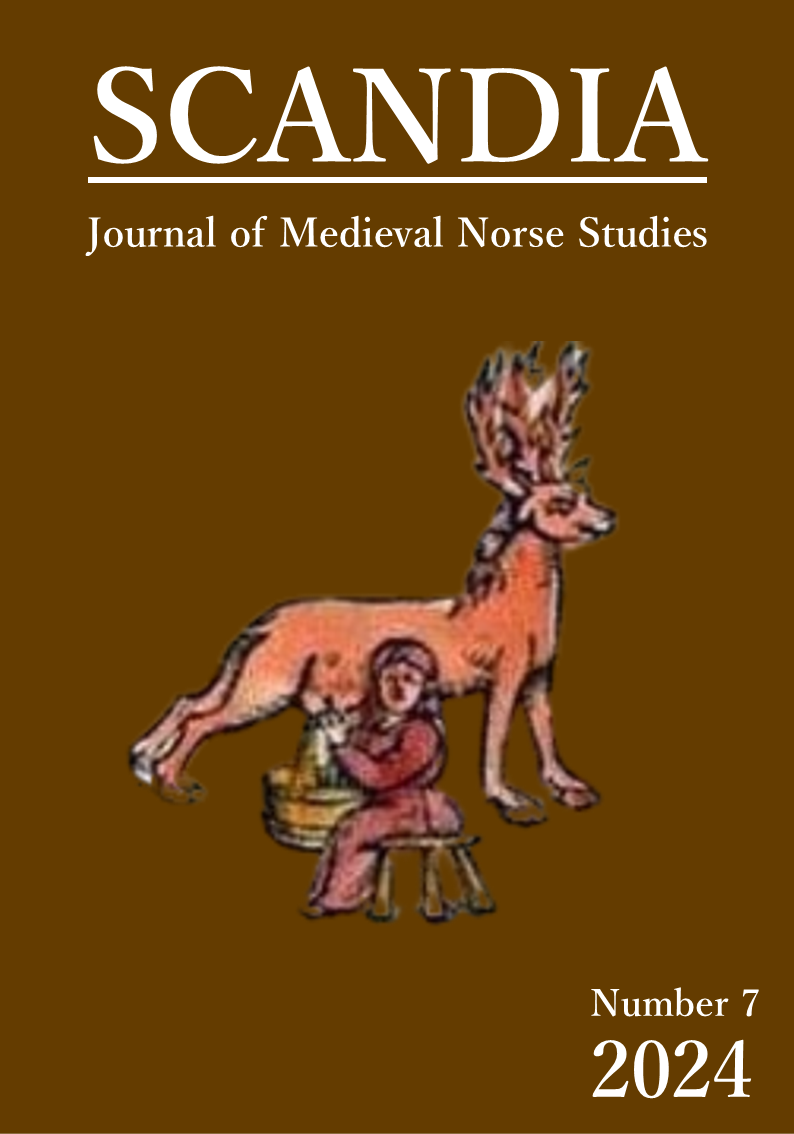Aren´t they all lying sagas? Unreliable narrators in the Íslendinga sögur
Abstract
Abstract: The traditional view of the saga narrator is someone who is unbiased and detached, as such the audience might assume them to be reliable. This article highlights a series of instances in which the narrator can be shown to be unreliable, either deliberately or accidently. The narrator’s words at any one point may not be revealing the whole picture to the audience, as key facts may be withheld, either to be revealed later or requiring the reader to read between the lines to understand the story-truth. Furthermore, saga-style, with its lack or narrative flourish and tendency to understatement, can be used to mislead the audience. Although some of the most audacious examples of unreliable narrators are found in later sagas, unreliable narrators can be found in classical and celebrated sagas, and as such modern scholars must be circumspect about any and every claim that saga narrators make.
Downloads
##submission.downloads##
Pubblicato
Fascicolo
Sezione
Licenza
The author (s) of the original submitted undertake to comply with the following:
- All authors are publicly responsible for it.
- The authors claim that this original is their own and that they assume full responsibility to third parties, whether moral or patrimonial, by reason of its content, stating that the work does not infringe any intellectual property rights of third parties.
- The author (s) agree to the copyrights of the original to Scandia Journal, to which they grant permission for its reproduction, editing and online publication.
- The author (s) grant their copyright of their original to the Scandia Journal, licensed under the Creative Commons Attribution License, which allows the sharing of this work with the acknowledgment of their authorship.
- The author (s) have permission and are encouraged to cite and distribute their original.


